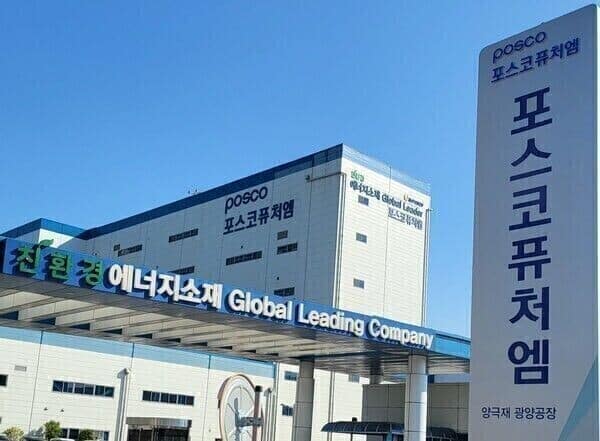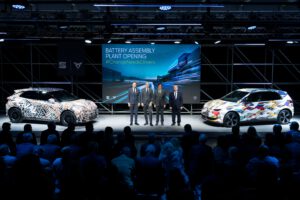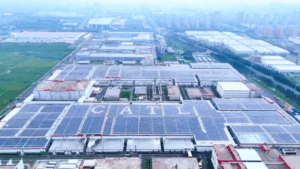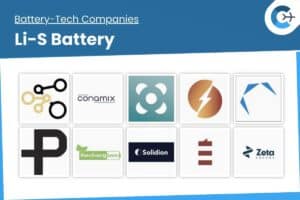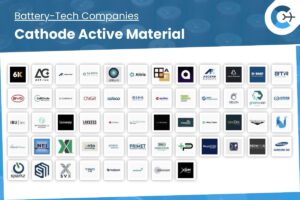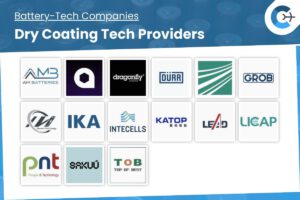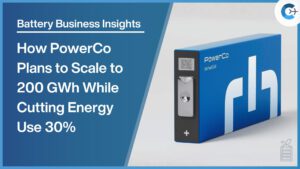Posco Future M has completed the development of lithium manganese-rich (LMR) cathode materials for electric vehicle batteries and secured approval from its primary clients to prepare for mass production. Following inspections of equipment operation, safety and environmental standards at its pilot plant, the company aims to commence large-scale manufacturing later this year.
Although the exact production site has not been disclosed, Posco Future M said it will leverage existing nickel-cobalt-manganese (NCM) cathode production lines at its facilities in Gwangyang, South Jeolla Province, Pohang, North Gyeongsang Province, and Sejong to meet client demand promptly. The new LMR cathode was developed in collaboration with Posco Holdings’ research institute, and pilot production was successfully completed last year.
Posco Future M reported that its R&D efforts have enhanced the energy density, charge-discharge performance and stability of LMR cathodes. These materials offer approximately 33 percent higher energy density than lithium iron phosphate (LFP) batteries, while significantly reducing the use of costly cobalt and nickel by increasing the proportion of manganese. This balance of performance and cost positions LMR as a competitive alternative to China’s LFP batteries, particularly for entry-level and standard EV segments.
Global automakers are exploring non-Chinese battery sources to comply with evolving U.S. regulations and diversify their supply chains. Posco Future M is planning to expand its LMR product portfolio by developing next-generation cathode materials with higher energy capacity, targeting not only entry-level vehicles but also premium and larger EV models.
“Although LMR cathode materials have long been recognized for their potential, commercialization was hindered by challenges related to lifespan,” said Hong Hyung-jun, director of the Posco Future M Technology Research Center. “However, significant R&D progress has been made. We are now ready to launch products that combine affordability with high energy density, working closely with our trusted partners.”
Major automakers have already announced plans to adopt LMR technology: General Motors aims to introduce LMR-equipped EVs by 2028, and Ford Motor Company is targeting commercialization before 2030, with pilot production of advanced LMR cells currently underway.
Source: The Korea Herald

